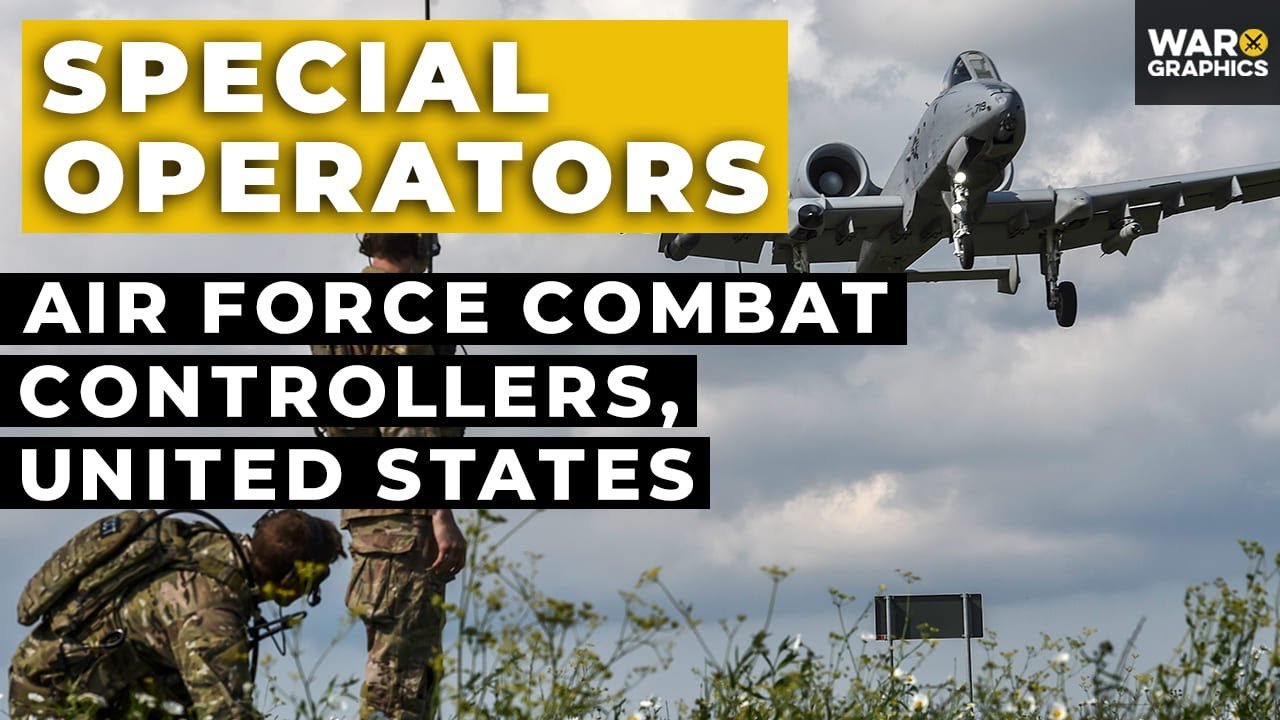The United States Air Force Combat Controllers are highlighted as a unique and integral part of US Special Operations, undertaking some of the most demanding and critical missions across the globe. These elite operators are tasked with coordinating air strikes, managing command and control, and establishing airfields in hostile environments, often working alongside other Special Operations units like the Navy SEALs, Army Rangers, and Delta Force. The selection and training process for these combat controllers is rigorous, with up to 95% of candidates failing to meet the strict criteria, underscoring the exceptional skills and resilience required to join the ranks of these “Uber Elite” operatives.
- Combat Controllers are integral to US Special Operations, working alongside units like the Navy SEALs, Army Rangers, and Delta Force.
- Their tasks include coordinating air strikes, managing command and control, and establishing airfields in hostile territories.
- Up to 95% of prospective combat controllers fail the selection and training process, highlighting the demanding nature of their role.
- They trace their legacy back to the US Army’s Pathfinders during World War II, evolving significantly over the decades.
- Combat controllers have played pivotal roles in various conflicts and missions, including operations in Vietnam, Iraq, Afghanistan, and humanitarian efforts in Haiti.
- Their training includes a rigorous selection process, combat dive school, parachute training, and advanced tactical and technical training.
- Combat controllers are equipped with a range of specialized gear, including M4 rifles, sniper weapons, grenade launchers, and advanced communication and navigation tools.
- Notable combat controllers include Senior Airman Zachary Rhyner, Chief Master Sergeant Tony Travis, and Master Sergeant John Chapman, who have been recognized for their valor and contributions in complex operations.
This summary has been generated by AI.

Leave a Reply